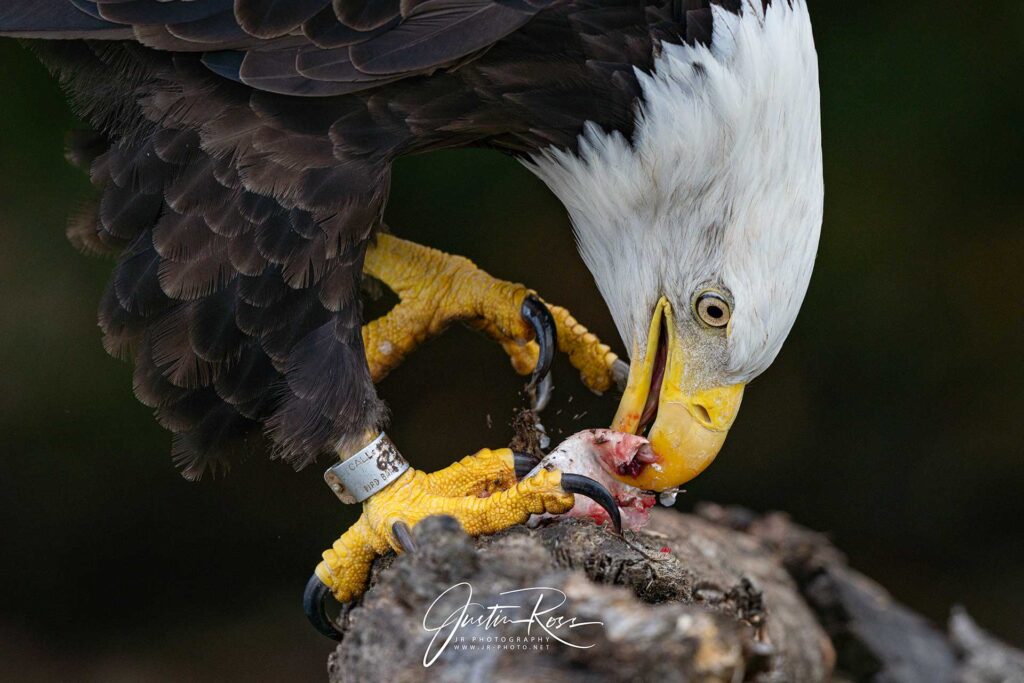State Wildlife Funding
Funding for state wildlife agencies comes from four main sources: 1) license fees; 2) federal grants; 3) general funds; and 4) other sources. The relative contribution of these sources varies widely by state. Traditionally, the sale of hunting and fishing licenses has been the most important source of revenues for state wildlife agencies, followed by federal grants under the Pittman-Robertson and Dingell-Johnson Acts. For most states these two sources still comprise more than two-thirds of their wildlife agency revenues. Many state wildlife agencies do not receive general funds from their legislature and are considered “enterprise” agencies because they rely on the sale of a product (licenses) for much of their revenue.
Less than half of state wildlife agencies receive general fund appropriations. Most state wildlife agencies receive at least a small amount of revenue from “other” sources which vary by state. These include a smorgasbord of sources, including: wildlife license plate sales, lottery proceeds, speeding ticket fines, income tax checkoffs, real estate transfer taxes, vehicle registration fees, a portion of sales taxes on outdoor equipment, and a portion of general sales taxes. Some refer to this as a “bake sale” approach to funding wildlife conservation.
As the number of hunters and anglers declines relative to the general population, states are looking for new ways to fund their wildlife agencies. The search for new funding sources is also driven by anticipation that Congress will pass the Recovering America’s Wildlife Act, which will flood states with new money for wildlife but require a 25 percent match.
Securing a dedicated portion of general sales taxes is the holy grail of wildlife funding because of the large amount of revenues it can generate and the difficulty of diverting the money or rescinding the taxes. A few states currently have such a “conservation” tax, including Missouri, Arkansas and Minnesota.
Use the Find Your State feature to learn more about funding in your state.
